How to Heal Your Gut After Food Poisoning: A Guide for Recovery
Are you recovering from a bout of food poisoning and wondering how to heal your gut after food poisoning? You’ve come to the right place. Gut health is crucial for overall well-being, and food poisoning can have a significant impact on your digestive system. In this blog post, we’ll guide you through the process of restoring your gut health and share essential tips to prevent future food poisoning incidents.
Key Takeaways
-
Understand food poisoning and its effects on gut health to aid in recovery.
-
Stay hydrated, replenish electrolytes, and eat the right foods to nourish your body post-food poisoning.
-
Follow safe food preparation and storage tips for prevention of future food poisoning.
Understanding Food Poisoning and Its Impact on Gut Health
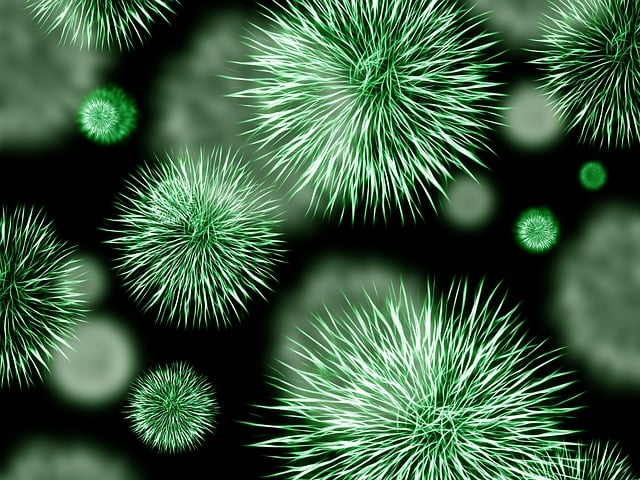
Food poisoning affects gut health by causing inflammation, irritation, and disrupting the gut microbiome. This complex ecosystem of bacteria and microorganisms plays a crucial role in regulating your immune system. Hence, a successful recovery hinges on grasping the causes, symptoms, and effects of food poisoning on gut health.
Causes of food poisoning
The main causes of food poisoning include bacteria, viruses, parasites, and toxins in contaminated food or water. Common culprits of foodborne illness are campylobacter, salmonella, Escherichia coli (E. coli), norovirus, listeria, and botulism.
Proper food safety practices can help prevent these foodborne pathogens from wreaking havoc on your gut.
Common symptoms
When struck by food poisoning symptoms, such as nausea, vomiting, diarrhea, abdominal pain, and fever, you may realize that you are dealing with food poisoning. In some cases, you might even notice bloody stools.
Although these symptoms can be uncomfortable and distressing, being knowledgeable about them aids in managing your recovery.
Effects on the gut microbiome
Food poisoning can disrupt the balance of your gut microbiome, leading to a weakened immune system, digestive issues, and an upset stomach, potentially increasing the risk of digestive and kidney diseases.
Consuming gentle foods such as bananas, rice, applesauce, toast, and broth during recovery aids in restoring your gut microbiome and strengthening your immune system.
Nourishing Your Body Post-Food Poisoning
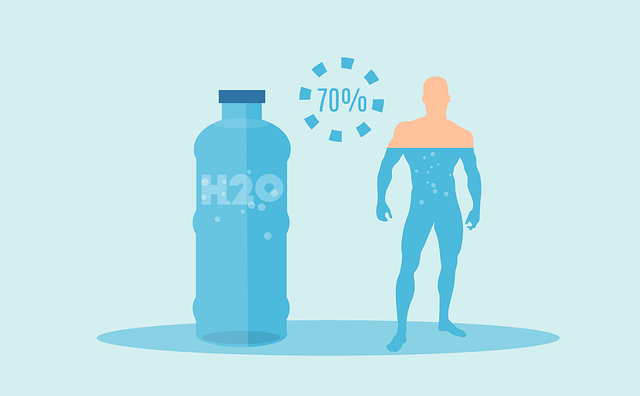
After battling food poisoning, your body needs the right nourishment to bounce back. This involves staying hydrated, replenishing electrolytes, and choosing the proper foods to eat after food poisoning, supporting gut health.
We’ll now examine the ways to nourish your body and regain your health.
Staying hydrated
Given that dehydration is a common side effect of food poisoning, maintaining hydration is key for recovery. Start drinking lost of fluids and gutting it out.
Sip on water, suck on ice chips, or enjoy non-caffeinated sodas like Sprite or ginger ale to replenish fluids. Coconut water is also a refreshing and tasty option for hydration.
Replenishing electrolytes
Replenishing essential electrolytes lost through vomiting and diarrhea is necessary to avoid complications. Opt for sports drinks, non-caffeinated sodas, or oral electrolyte solutions like Pedialyte.
These drinks can help maintain electrolyte balance and promote overall health.
Choosing the right foods
Once you’re ready to eat solid foods, the BRAT diet (bananas, rice, applesauce, and toast) is an excellent choice to soothe your digestive system. These bland foods are high in starch, easy to digest, and can help bind your stool together.
As you start feeling better, gradually reintroduce other bland and low-fiber foods into your diet.
Supporting Gut Health with Probiotics and Prebiotics
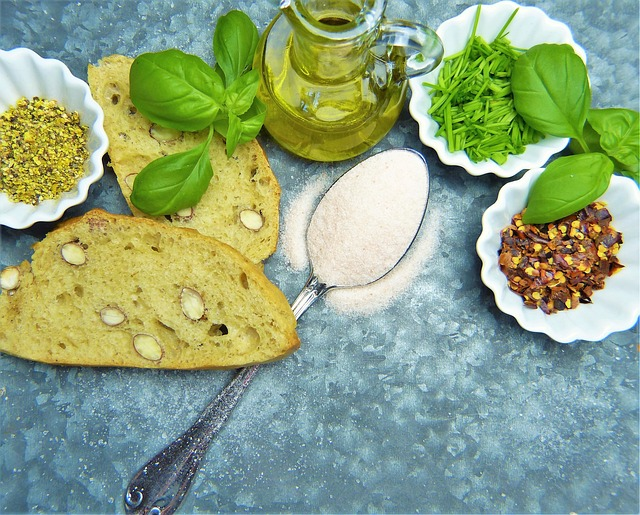
To further aid in your recovery, it’s important to support your gut health with probiotics and prebiotics. These beneficial substances can help restore the gut microbiome and improve digestion.
We will now examine how probiotics and prebiotics contribute to gut health.
Probiotic foods
Probiotic foods, such as yogurt and fermented foods, can help replenish the healthy bacteria in your gut. Some examples of probiotic foods include:
-
Natural yogurt
-
Kefir
-
Pickles
-
Sauerkraut
These foods are rich in live lactic acid bacteria that can enhance digestion and strengthen your immune system.
Prebiotic foods
Prebiotic foods, like bananas and oatmeal, can support the growth of beneficial gut bacteria and improve gut health. Other prebiotic-rich foods include garlic, onions, asparagus, and artichokes.
Incorporate these foods into your meals to nourish your gut, promote overall well-being, and ensure you eat foods that are beneficial to your health.
Foods to Avoid During Recovery
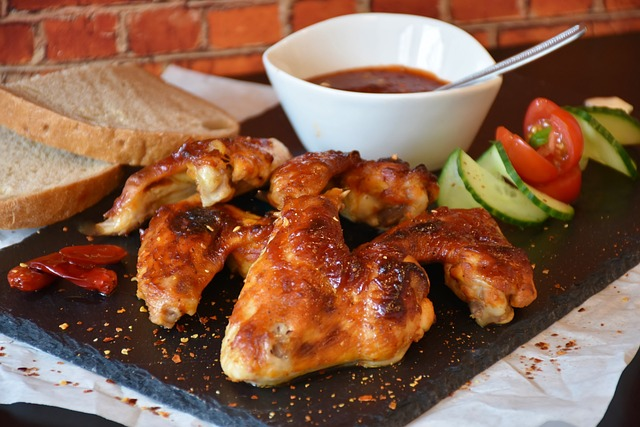
As your gut heals, it’s advisable to steer clear of certain foods that could aggravate your digestive system. Focus on steering clear of fatty, spicy, and high-fiber foods.
We’ll examine why these foods might obstruct your recovery and which ones to avoid.
Fatty foods
Fatty foods, including fried foods, can be difficult to digest and may exacerbate symptoms during your recovery. Instead, opt for low-fat and low-fiber options like lean proteins, cooked vegetables, and cooked grains.
These foods will be gentler on your stomach and aid in the healing process.
Spicy foods
Spicy foods can cause further irritation and inflammation in your digestive tract. To promote healing, avoid chili peppers, hot sauce, salsa, and curry during your recovery.
Once your gut is restored, you can gradually reintroduce spicy foods into your diet.
High-fiber foods
High-fiber foods can be difficult to digest and may worsen diarrhea during recovery. Instead, focus on nourishing low-fiber options like:
-
Clear broths
-
Instant oatmeal
-
Plain boiled potatoes
-
Saltine crackers
These foods will be easier on your stomach and support your recovery.
When to Seek Medical Help
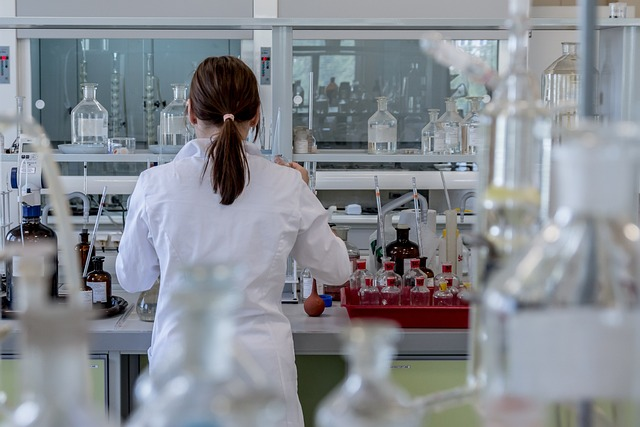
Recognizing when to seek medical help is fundamental to a safe recovery. Be aware of warning signs and seek professional advice when necessary and if you think you have an autoimmune leaky gut.
We’ll now cover the scenarios necessitating a consultation with a healthcare professional and what to anticipate during your visit.
Warning signs
Warning signs that warrant medical attention include severe dehydration, severe symptoms, persistent symptoms, and high-risk cases such as pregnant women, young children, the elderly, and people with weakened immune systems.
Medical help should be sought if you encounter any of these warning signs.
Seeking professional advice
Seeking professional advice can help determine the appropriate treatment and prevent complications. During your visit, your doctor will likely ask about your medical history. Additionally, they will perform a physical exam and take stool and blood tests.
The tests will help in accurately diagnosing the condition. Depending on the results of the test, it may or may not be necessary to seek further treatment.
Tips for Preventing Future Food Poisoning
As you recover and treat food poisoning, taking steps to prevent future incidents is a necessity. This involves practicing safe food preparation and proper food storage.
We’ll go through these tips to maintain a healthy and happy gut. Start healing your gut today.
Safe food preparation
To ensure the safety of your food, practice good hygiene by:
-
Washing your hands before and after handling food
-
Keeping raw and cooked foods separate to prevent cross-contamination
-
Cooking food to the right temperature using a food thermometer.
Adhering to these best practices can significantly reduce the risk of foodborne illnesses.
Proper food storage
Proper food storage is crucial for keeping your food fresh and safe from contamination. Store perishable items in the refrigerator promptly and use airtight containers to keep your food fresh.
This practice can help safeguard against food poisoning and other foodborne illnesses.
Summary
In conclusion, recovering from food poisoning and restoring gut health involves understanding the causes, symptoms, and effects of food poisoning, nourishing your body, supporting gut health with probiotics and prebiotics, avoiding certain foods, knowing when to seek medical help, and practicing proper food safety to prevent future incidents. By following these guidelines, you can bounce back from food poisoning and maintain a healthy gut for years to come.
Frequently Asked Questions
How long does it take for your gut to heal after food poisoning?
It typically takes between 4 hours and 24 hours to experience symptoms of food poisoning, however it can sometimes take several days or even weeks for your gut to heal.
While recovering, it’s important to monitor how different foods make you feel and slowly incorporate more back into your diet.
What happens to your gut after food poisoning?
Food poisoning can cause stomach cramps, diarrhea, vomiting, fever, chills, and bloody diarrhea. It can also disrupt the gut microbiome and trigger post-infectious IBS.
To aid recovery, it is recommended to eat foods that promote gut healing, such as probiotics and bland foods, as well as stay hydrated.
Can food poisoning cause permanent gut problems?
Food poisoning can cause a range of long-term problems, including gastrointestinal issues such as IBS and serious autoimmune conditions, fatigue, an imbalance of gut bacteria, and even permanent damage to the lining of the gut, resulting in long-lasting bowel dysfunction and inflammation.
What are the main causes of food poisoning?
Food poisoning is mainly caused by bacteria, viruses, parasites, and toxins found in contaminated food or water, posing a risk to human health.
How can I stay hydrated during recovery from food poisoning?
Stay hydrated during recovery from food poisoning by sipping on water, sucking on ice chips, or having a soda like Sprite or ginger ale.
These will help replenish your fluids and get you on the path to feeling better.
